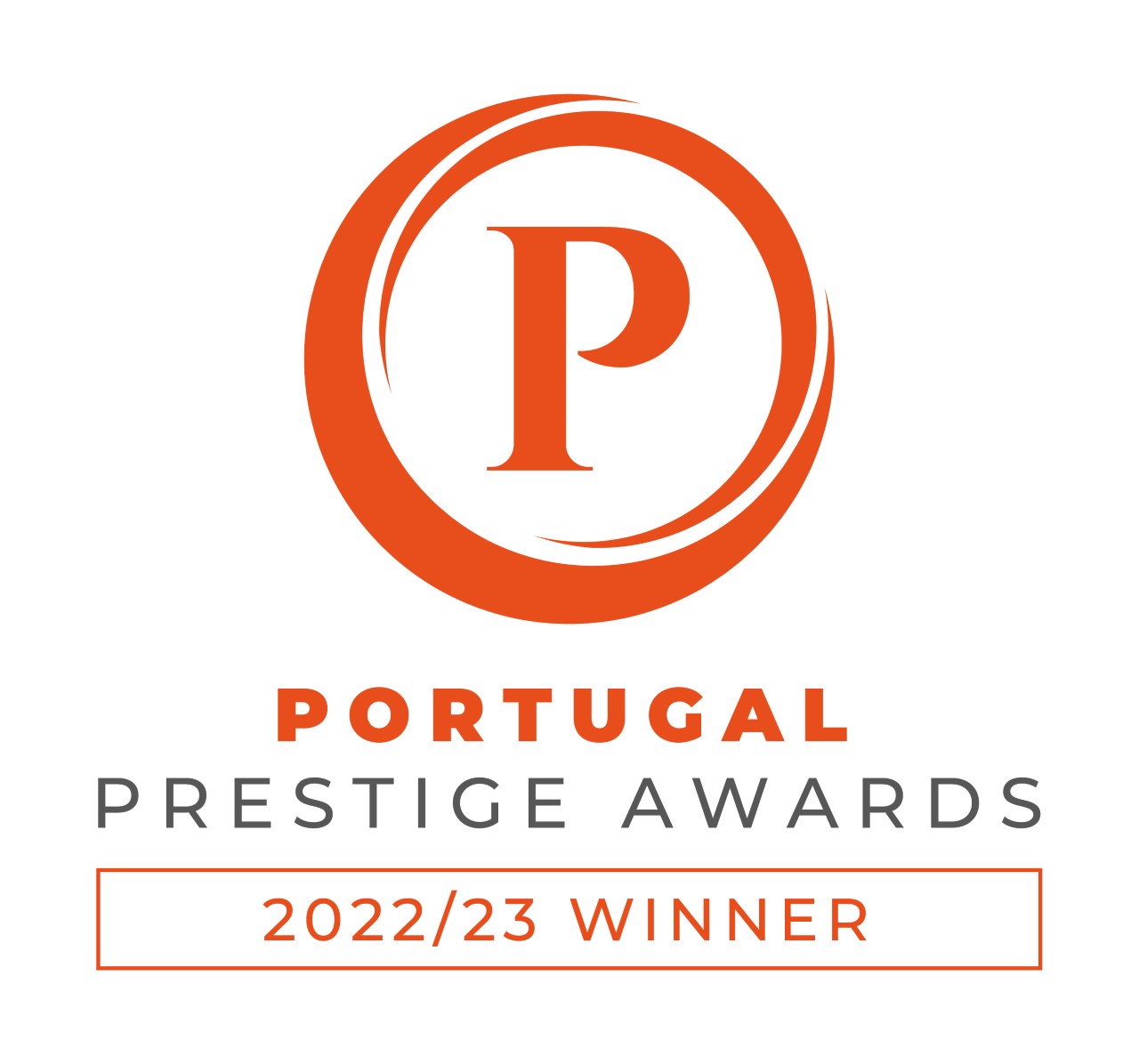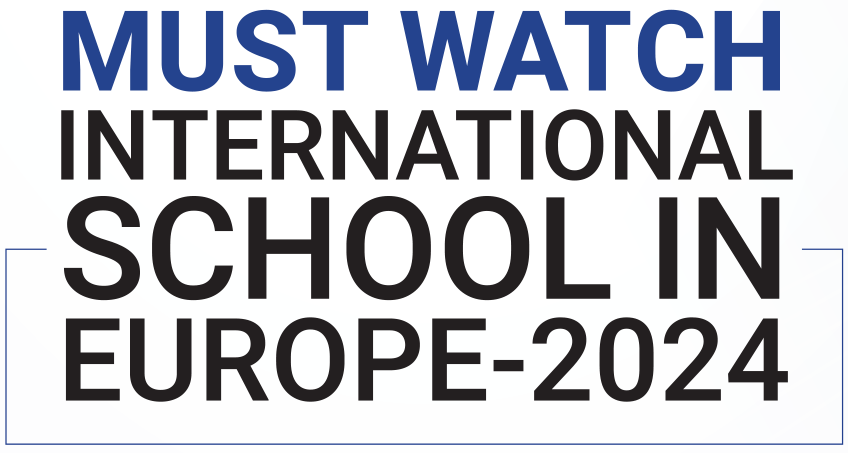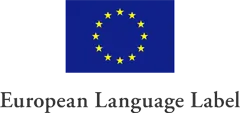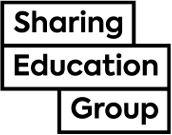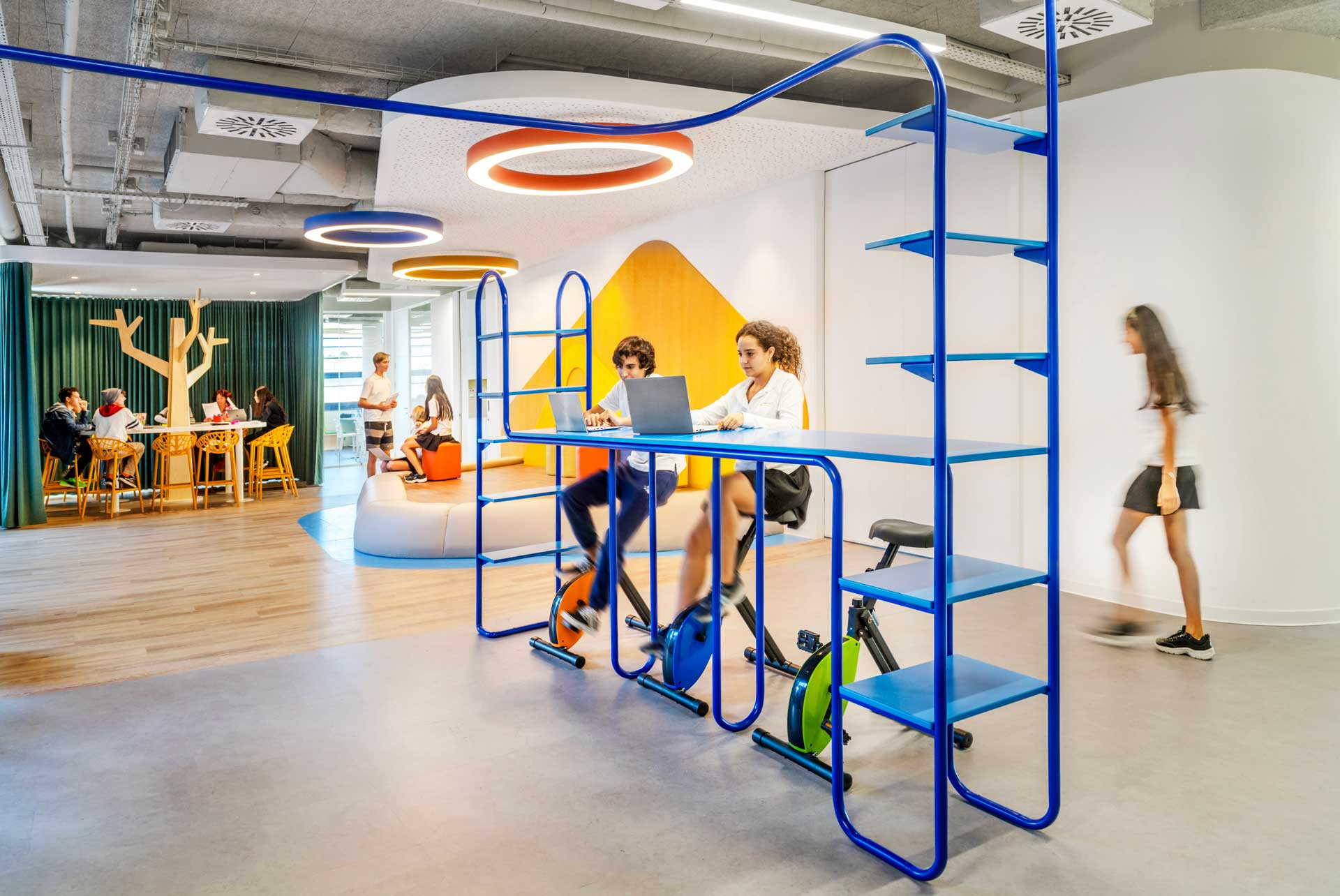The base of the framework
What is the International Baccalaureate?
The IB Framework aims to transform students and schools as they learn, through dynamic cycles of inquiry, action and reflection. Teachers enable and support students as they develop the approaches to learning they need – for both academic and personal success.
Using a project-based approach, we want to create students who understand we are all the same and want to help build a better, more peaceful world.
How does it fit our pedagogical approach?
We work in the dynamic development of a multilingual and multicultural holistic approach, creating an environment which is relaxed but challenging, familiar but disciplined.
At ISS, we have created a school for the citizens of the future where fun and curiosity may lead to Learning Through Sharing and creativity in problem-solving.
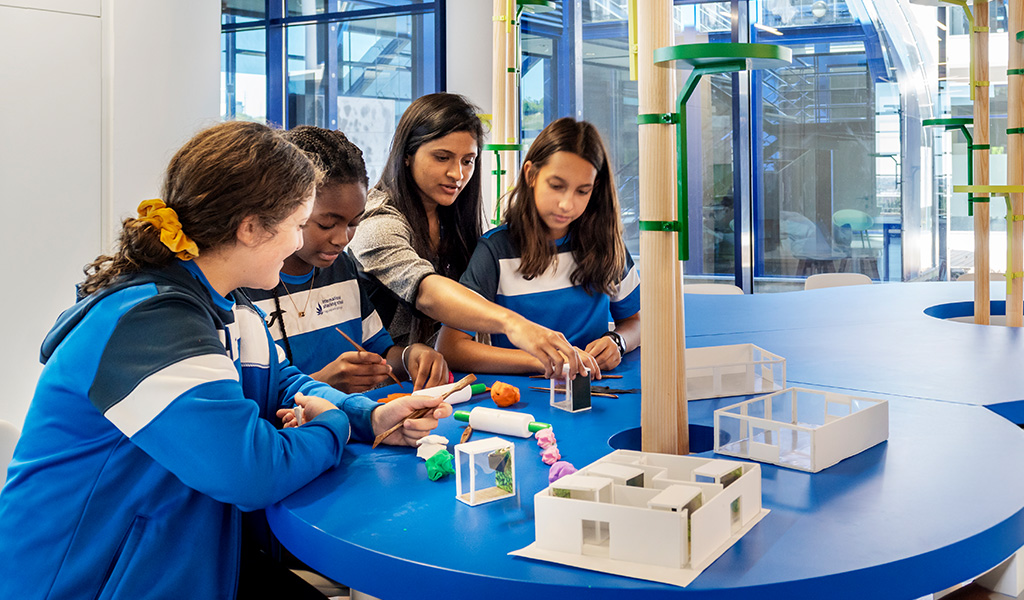
Why is it better?
The Benefits of the IB Framework
The IB Framework is renowned for its rigorous and holistic approach to education, providing students with a unique and enriching learning experience. When the students finish their education, they are:
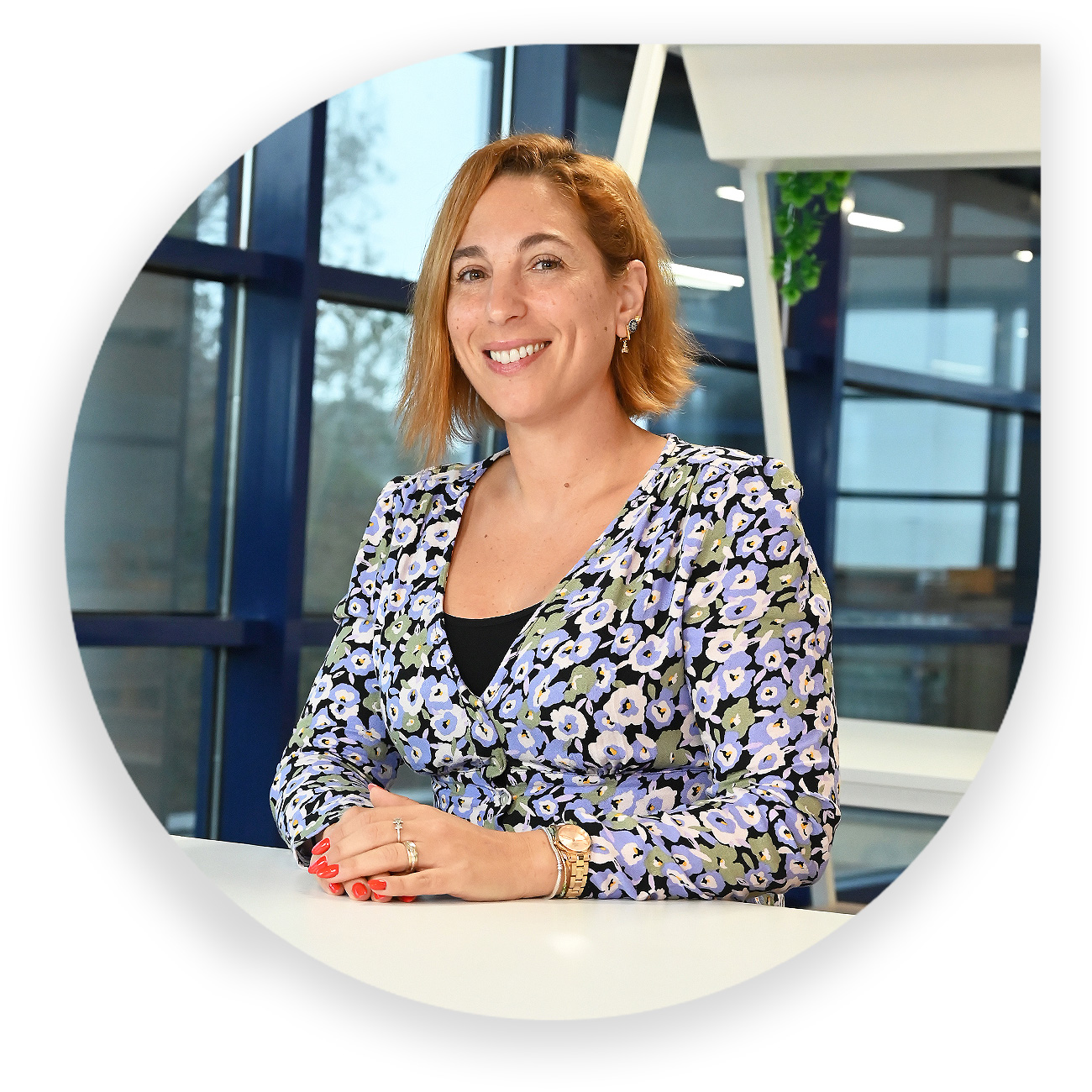
“Learning at ISS is a shared journey, where students are empowered to be agents of their own learning.”
As Pedagogical Director, my role is to help the school thrive by fostering a vibrant and dynamic educational environment. My approach to school management is centred on building a cohesive and collaborative working atmosphere, recognising that educators are at the heart of a school’s success.
I prioritise the development of essential skills such as adaptability, reliability, accountability, coachability, and emotional intelligence across students, staff, and parents, ensuring a well-rounded and supportive community.
By focusing on project development and team implementation, I strive to create structured yet flexible systems that encourage innovative learning projects and forward-thinking educational practices through collaboration, transparency, and respect, ensuring that every team member feels valued and empowered.
– Déspina K. Sarioglou, Head of Primary and Pedagogical Director in Oeiras Valley
How IB approaches learning
How the IB Framework approaches Learning Skills
Approaches to learning skills (ATL) can be learnt and taught, improved with practice and developed incrementally.
They provide a solid foundation for learning independently and with others. ATL skills help students prepare for, and demonstrate learning through, meaningful assessment.
The outcomes
The IB Learner Profile
The IB Learner Profile is a cornerstone of the International Baccalaureate (IB) educational philosophy, aiming to develop well-rounded individuals who embody the values of the IB Framework and Community. This profile outlines ten key attributes that IB learners strive to cultivate:
